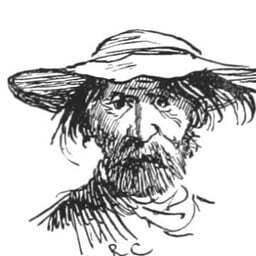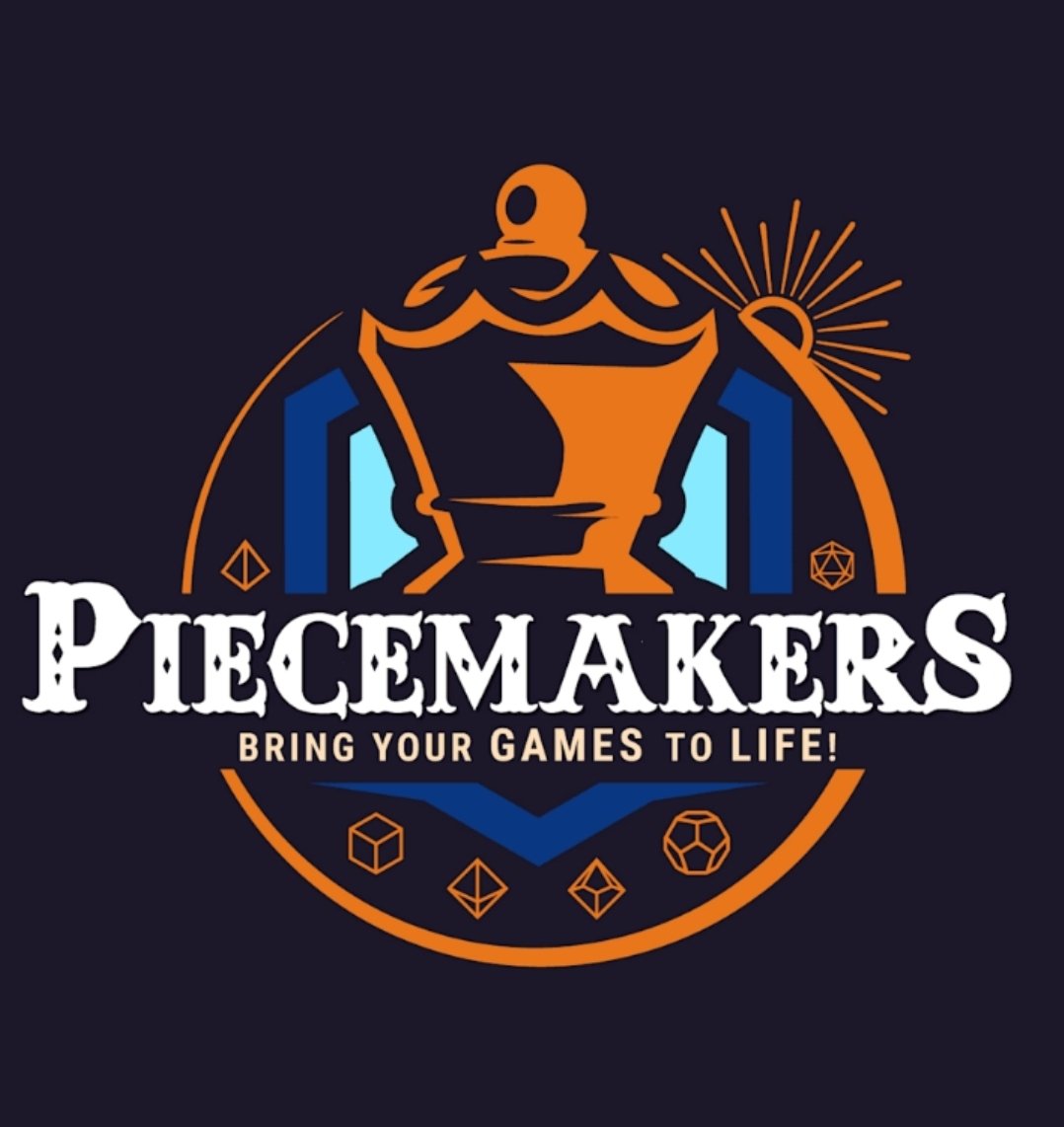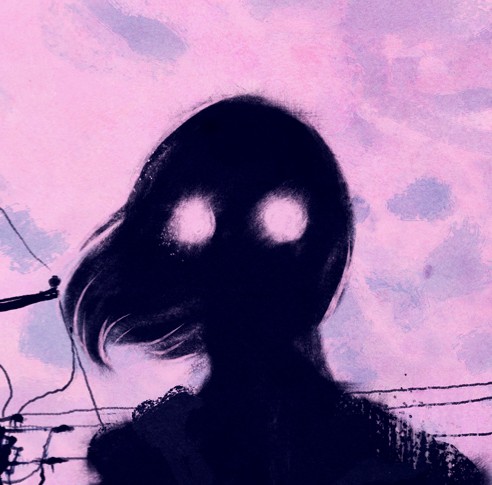People hate 4e and the books get dumped for cheap on ebay. Why do people hate it again?
deleted by creator
Oh boy. Buckle in, this is going to be a long one. This question crops up periodically on a number of other social media sites, and below is my answer to previous inquiries:
I think for some people, 4th Edition was exactly the sort of game they were interested in. But conceptually it was a departure from the aspects of 2nd edition, and even 3rd edition, which I’d come to enjoy.
Folks have said it was too “videogamey” and certainly it did seem to use some team-videogame concepts, though I wouldn’t say that was exactly what rubbed me the wrong way.
Nearly a decade back, I ran a 4E game for maybe 6 months or more at the insistence of a local group, and participated as a player afterward for a few more months.
Going into the experience, my main gripe was heavier reliance on “dissociated mechanics”, and that the powers and tools available were generally even more exclusively geared toward combat than previous editions.
But a more tactical, less roleplaying-related, game has some slight appeal to me. So, setting all my issues aside, I tried to enjoy it as a more combat intensive game. Unfortunately, even in combat alone, 4th Ed. just had too many bits that stuck in my craw:
-
Geared to win - Most combats it never felt like the characters were in much danger of dying. There was only one I can remember that was really a “close thing”.
-
Slog Combats - Despite not straining the characters much, a standard combat would usually take the majority of the evening, even against relatively weak opponents. This might partly have been an issue of people not having all their powers perfectly memorized and planned, but in some cases it was just a hassle of hit/miss whittling down a massive pile of opponent hit points every time. In general we would get into one combat per session, and it would take up most of the session.
-
Level Wiff Factor - If average combats didn’t seem much challenge, then combats against high level opponents were an exercise in missing and missing again. Unlike previous editions, 4th Edition, armor class escalates right along with everything else. So enemies of different levels are extremely difficult to hit.
-
Equipment Wiff Factor - A couple of us realized late in the game that, unlike previous editions, expected PC equipment bonuses are heavily factored into the challenge rating of monsters. To the extent that the GM is literally required to keep providing you with equipment appropriate to your level. If you don’t have the equipment power level mandated by your character level, you will miss a heck of a lot more.
But stepping away from my own gripes as a DM and player, to get back to many of the more general complaints about 4E:
All the other earlier editions had certain things in common: Spells tended to work a certain way. Power increased in a certain way. Weapons and attacks worked a certain way.
Sure, there were differences. Some of the other editions were simpler than others, focused on different things, or had a different “power curve”. But looked at over all, you could kind of see trends, how elements of one edition had inspired similar elements of another. And, you could kind of convert them with a little twiddling if you held them at a distance and squinted.
But 4E was different.
Folks who though the 3/3.5E power curve was a little much would find the 4E power curve EXTREME. Even those who didn’t mind the 3E power curve might find that 4E had gone too far.
Characters in 4E had massive piles of hit points to wittle down, and those points kept coming back. So combats tended to be on the long side, and also more plentiful.
Weapon damage in 4E was nominally similar to previous editions, but a large number of combat specializations in 4E revolved around somehow changing or tweaking how that damage was applied, multiplying it, giving it conditions, etc.
In fact most of a character’s talents in general seemed to be about combat in a very tactical way. And, sure, previous editions did have tactical combat, but it had never been quite so innately integrated as with 4E.
There were other differences too: Elves were kind of different. Magic item creation worked a lot different. Treasure was obligatorily passed out in power level appropriate Schrodinger’s loot drops, where it would wave function collapse into whatever thing appropriate for exact class combination present.
In some ways 4E was REALLY balanced in combat if you played it the right way, but it almost became hard to lose and combat didn’t offer as many twists, close calls, or surprises.
Converting from previous editions would not just involve a little tweaking, but major changes. The material just was not easily compatible. It was like they were trying to appeal to a completely different audience (some said MMO players, though tactical wargames also might be a close fit).
Some folks really liked 4E, but there was a lot of complaint, and some folks started the OSR and sought out retroclones or just kept playing their previous editions. Pathfinder came about as basically an edition 3.75 for folks who didn’t want 4E.
So with 5E they learned some lessons form all the dissenters. They kept a couple bits from 4E, but tried to switch a lot of things closer to the way they worked in 3E, and took some inspiration from earlier editions as well. The 5E game again became a bit more compatible with earlier work, so it was easier to discuss in a similar manner.
There’s also the fact that 3E, 3.5E, Pathfinder, 5E and a bunch of retroclones all use the Open Gaming Licence which originally came out with 3E. This made sharing parts of these works or combining them much easier to do without perceived risk of lawsuit. But 4E had a more restrictive license that made some folks less eager to try and work with it.
-
Heh. How long ya got?
Our group actually enjoyed playing 4e. And we have played all the editions.
There seem to have been some good ideas i 4e, but the overall game just didn’t appeal to me.
A lot of things felt samey. No matter if spells or abilities they all seemed to be very similar to the core with just a coat of flavour paint applied on top.
The balancing and the overall focus of the rules made it seem video gamey to me and that is/was already covered by actual video games and not what I want out of a tabletop rp experience.
To make matters worse the changes in their “primary” setting didn’t appeal much to me either (and apparently not to many others since they basically did away with most of it for 5e).
They also nuked a huge chunk of the lore of Forgotten Realms to ‘streamline’ it. Gods, locations, mainstay characters… gone.
Unsurprisingly they ‘fixed’ it in 5e.
poor Cadderly, man… all that work for nothing
There were a few things wrong with 4E, but its biggest problem was that it was not 3E.
People instantly went crazy just because it was different from 3E. But 4E has A LOT of awesome ideas. And just because it was rejected with such fervor, all those awesome ideas were thrown away.
I really wanted 5E to be an evolution of 4E. If they did that, it would be the PERFECT RPG.
I played it when it came out. It has a lot of really good ideas, it was just really poorly executed.
A few of the things my group didn’t like about it were the intense focus on tactical combat at the cost of all other parts of the game, the feeling of sameness that all the classes had due to the video gamey nature of how powers were defined, and that there was supposed to be this tightly integrated virtual tabletop that never materialized.
Wizards had never been any good at developing software… Not a good omen for one DND.
My own least favorite edition is 3.x (and PF—which sucks because I like the company, the setting, the characters) but I’d rather play 0e, B/X, 1e, 2e, RC, or 5e over 4E. I was playing B/X (with some of the guys who would later go on to make Mörk Borg) during the tail end of 4E, before 5e came out (which is when I started my own group).
There’s a lot of things that’s neat and good with 4E. Clarity, balanced classes, interesting–albeit–long-winded fights, neat art and settings, retro vibes.
Some of the problems only apply to the early days of 4E and was addressed as the game evolved:
• A bad initial release and marketing campaign that was seen as disparaging older fans while simultaneously begging “the game will remain the same”
• A fight against other editions and a push that “this is the game now”
• A switch to digital that was plagued with problems due to a horrible tragedy
• Broken monster math
• All classes felt overly similar in their play patterns. Not 100% identical but too similar
• Abilities that felt as if they were spells, like a fighter ability that makes all enemies take a step towards her
• Weirdly flavored / templated abilites that felt like “hitting the play button on a canned action” as opposed to actually doing itOther D&D (including late 4E): “I have this sword. I’m gonna chop 'em with it!”
Early 4E: “I am going to use this Reaping Strike ability.”To me, that can feel cold and distant. The fact that the powers came on cards that you’d flip as you used them was actually good overall, but it exacerbated this problem greatly. I get a lot of pushback on this from people who had gotten over it and could easily “translate” the abilities into game action, like “I strike them reapingly” or however that would sound, IDK, because I never learned to do it. I can write novels and poems and lyrics but I can’t strike reapingly. 🤷🏻♀️
4E Essentials (the later edition) get a lot of hate from fans of the original release but it has classes that I actually want to play.
Another issue I get pushback on is that some 4E fans love the “mythicness” of the martial power source. Samson with the jawbone, Flex Mentallo… And that’s fine, I’m happy for them. I personally prefer where spells are explicitly marked as spells, as 5E’s “Hunter’s Mark” ability is or the eldritch knight’s “Shield” spell, and magic items are similarly special. Like, we all love Luke Skywalker but he didn’t solely rely on the martial power source. He also had ki (or whatever the midichlorian heck is going on).
And some other problems persisted throughout the game’s entire run:
• A skill challenge system that was poorly explained (some people were like “always say you’re in a skill challenge”, others were like “no, just roleplay out a scene and as they are doing checks in the scene, mark progress”)
• A skill challenge system that has utterly broken math (throughout all three revisions, including the attempt in the Essentials Rules Compendium). The 5e version, “group checks”, also has problems, but fewer.
• Unnatural language. 5e had a push towards using natural language, or language that looked like natural language, over the arcane shorthand. This is a double-edged sword since it also helped with the clarity of 4E. 5.24 is back-pedaling a bit here, with capitalizing rules terms and conditions. Not my preference, I liked the natlang approach. Helps with rules-hacking and glogging and mashing together stuff from various editions the way I like it.
• Overwhelming in play with too many conditions and modifiers to juggle
• Not suited for the type of sandbox play I like. There are 30 levels and huge steps between the levels. So most people built encounters just-in-time, just to fit the party’s current level and capabilities (and when you do that, the DM has a lot of responsibility for the outcome of those fights). I prefer making a world with graduated difficulty and set the player characters free in that world; if it’s too easy they won’t get much XP so they’ll see harder pastures, and if it’s too hard they die, so they’ll try to find a lagom horizon on their own. And, they can freely use resources like town militias, religious warriors, pit faction-v-faction etc (we just came off a long “PCs+lizardfolk vs human slavers” skirmish campaign in our game)
• Killing the OGL!Disclaimer : I never played 4e
Political : They changed the license of the basic-system from open to closed, thereby alienating 3rd party producers and lots of users. See the recent drama around the OGL.
Social/technical : It was different.






